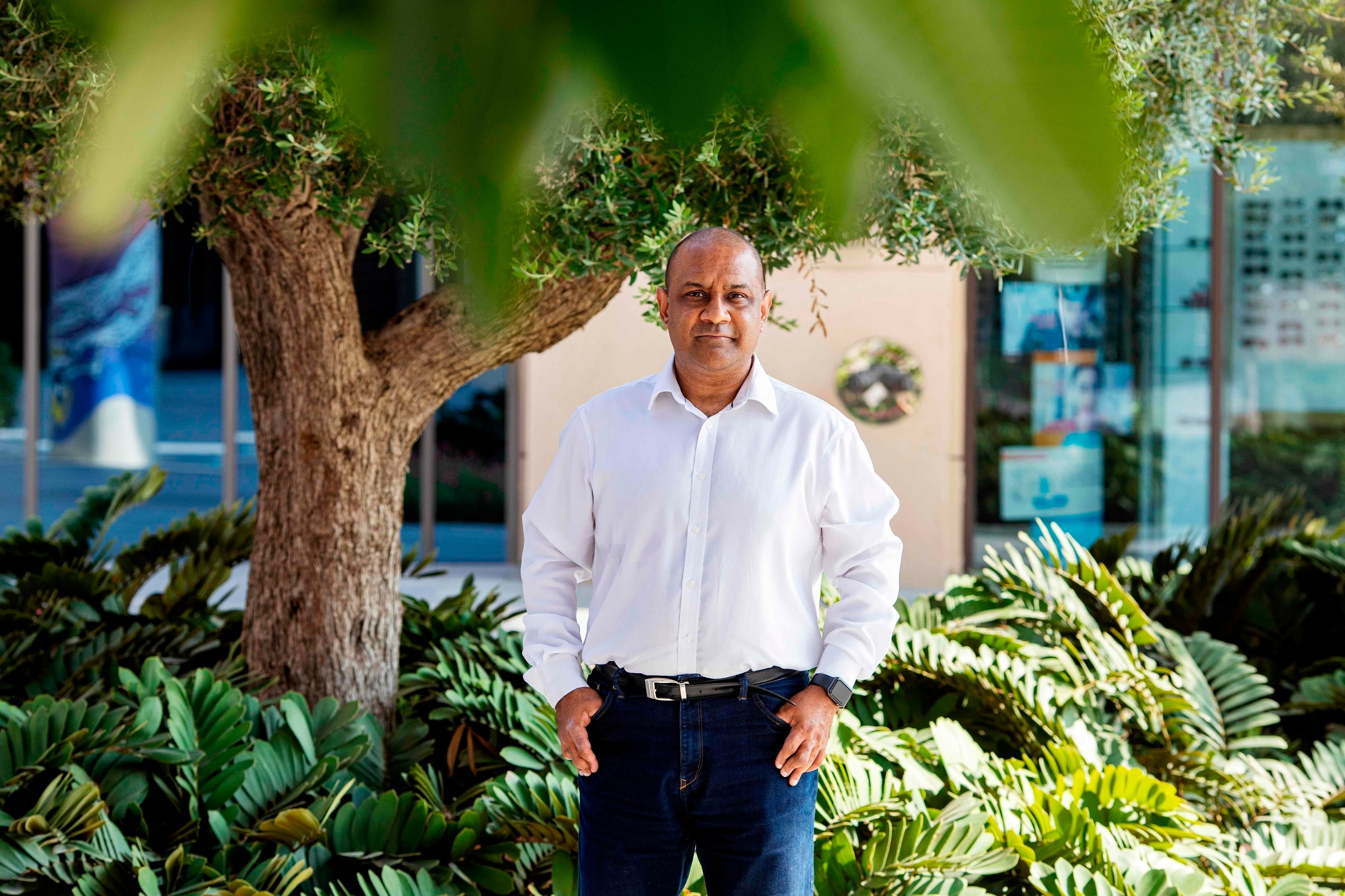British financier ordered by UAE high court to repay $1.7 billion bilked in tax fraud
The United Arab Emirates' highest court has ordered a British hedge fund trader convicted of orchestrating a $1.7 billion tax fraud to pay that amount to Denmark’s tax authority

Your support helps us to tell the story
From reproductive rights to climate change to Big Tech, The Independent is on the ground when the story is developing. Whether it's investigating the financials of Elon Musk's pro-Trump PAC or producing our latest documentary, 'The A Word', which shines a light on the American women fighting for reproductive rights, we know how important it is to parse out the facts from the messaging.
At such a critical moment in US history, we need reporters on the ground. Your donation allows us to keep sending journalists to speak to both sides of the story.
The Independent is trusted by Americans across the entire political spectrum. And unlike many other quality news outlets, we choose not to lock Americans out of our reporting and analysis with paywalls. We believe quality journalism should be available to everyone, paid for by those who can afford it.
Your support makes all the difference.The United Arab Emirates' highest court Tuesday ordered a British hedge fund trader convicted of orchestrating a $1.7 billion tax fraud to pay that amount to Denmark's tax authority.
Financier Sanjay Shah was convicted in a lower court of masterminding a scheme that ran from 2012 to 2015. Under it, foreign businesses pretended to own shares in Danish companies and claimed tax refunds for which they were not eligible. He was arrested in Dubai last year.
Shah and his lawyers declined to comment on Tuesday's ruling.
The Court of Cassation also ordered Shah and several foreign businesses implicated in the scheme to pay 5% interest on the $1.7 billion accrued from when the case was first filed in August 2018.
“This conclusive ruling after a nearly five-year pursuit of justice underscores the serious and uncompromising stance of the UAE authorities against financial misconduct,” said OGH Legal in Dubai, a law firm acting on behalf of Danish authorities, in a statement.
Last September, the Dubai Appeals Court found Shah and his accomplices guilty of illegally extracting money from Danish tax authorities. His lawyers appealed that verdict to the Court of Cassation, which upheld the earlier ruling Tuesday and ordered Shah to pay the $1.7 billion.
In a separate ruling, Shah was ordered to be extradited to Denmark after the Dubai court rejected his appeal against deportation in April. He is expected to face prosecution in Denmark on the tax fraud allegations. It wasn't immediately clear when he will be extradited.
The 52-year-old financier has maintained his innocence in interviews with journalists but never appeared in Denmark to answer accusations. His defense has argued in closed-door hearings that Denmark did not follow the procedures laid out in international extradition treaties.
Shah’s arrest came at a time when pressure was growing on Dubai, the region’s financial hub, over its alleged weaknesses in combating financial wrong-doing. The UAE has long invited the wealthy, including disgraced public figures, to invest in the country without questioning where they made their money.
Recently, however, the UAE has arrested several suspects wanted for major crimes, including two brothers from South Africa, accused of facilitating vast public corruption and draining state resources with former President Jacob Zuma.
An Emirati official also recently became president of Interpol, the international police agency.